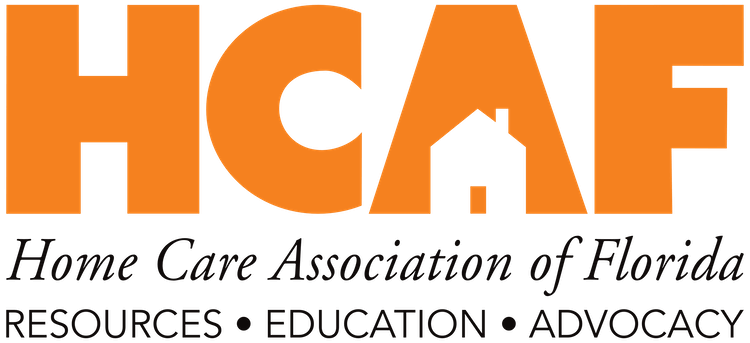Washington Medicaid Update: Disaster Aid, LTSS Workforce Bills, and Medicaid Policy Developments

Washington Medicaid Update: Disaster Aid, LTSS Workforce Bills, and Medicaid Policy Developments
As Congress remains in recess until November 12, attention is turning to the ongoing response to Hurricanes Helene and Milton. The Federal Emergency Management Agency (FEMA) has confirmed that it has sufficient resources for immediate disaster relief efforts. However, concerns about the Small Business Administration (SBA) potentially exhausting its disaster loan program have prompted President Biden and some House Democrats to call for an early return to pass a disaster aid package. Despite this push, Congressional leaders have so far resisted reconvening before the elections, with disaster relief likely to be a priority when lawmakers return after Election Day.
Legislative Update: New Bills to Support LTSS and Home Care Workers
Senate Aging Committee Chair Bob Casey (D-PA) and Senator Angus King (I-ME) recently introduced a package of bills aimed at strengthening long-term services and supports (LTSS) and enhancing the direct care workforce. These bills are designed to address the critical needs of home care workers and promote professional development in the field. Key bills include:
- Direct Support Worker Training Reimbursement Act: This bill proposes a 75% federal matching rate for training programs that prepare direct support workers, addressing the need for workforce development in home-based care.
- Mollie Baldwin Upskilling of Personal and Home Care Aides Act: This act would authorize funding through the Health Resources and Services Administration (HRSA) for demonstration projects focused on improving training, education, and career advancement for home care aides.
- Career Advancement for Direct Support Aid Workers (CADSAW) Act: This bill establishes funding, also through HRSA, for initiatives aimed at supporting the education and training of current home care workers, helping them advance professionally within the home care sector.
While the full text of these proposals has not yet been released, they signal a growing recognition of the importance of supporting the home care workforce as a vital component of the long-term care system. Senator King’s press release provides additional details on the package.
These bills and others impacting the home care provider community can be viewed on HCAF's legislation tracker here.
Agency Update: Medicaid and HCBS Worker Shortages
The Medicaid and CHIP Payment and Access Commission (MACPAC) has unveiled its analytic agenda for the 2024-2025 period, which will explore critical long-term care topics. Of particular interest to home care providers are MACPAC’s plans to examine self-directed home and community-based services (HCBS) and state and managed care policies designed to address worker shortages in HCBS programs. This focus aligns with ongoing concerns about the sustainability of the direct care workforce and its impact on Medicaid beneficiaries.
In Case You Missed It (ICYMI)
Vice President Kamala Harris recently appeared on The View, where she announced a proposal to expand Medicare to include home-based care. She suggested that the savings from drug price negotiations under the Inflation Reduction Act could help fund the program, marking a significant policy shift aimed at increasing access to home care services.
More than 20 Republican attorneys general, along with LeadingAge state affiliates, have filed a lawsuit against the Biden-Harris administration over the new nursing home minimum staffing rule. Attorneys general from Iowa, Kansas, and South Carolina are leading the challenge, reflecting the ongoing debate around federal regulations in the long-term care industry.
Upcoming Events
Congress will remain in recess until November 12. Upon their return, disaster relief funding is expected to take precedence, particularly in the aftermath of Hurricanes Helene and Milton.
